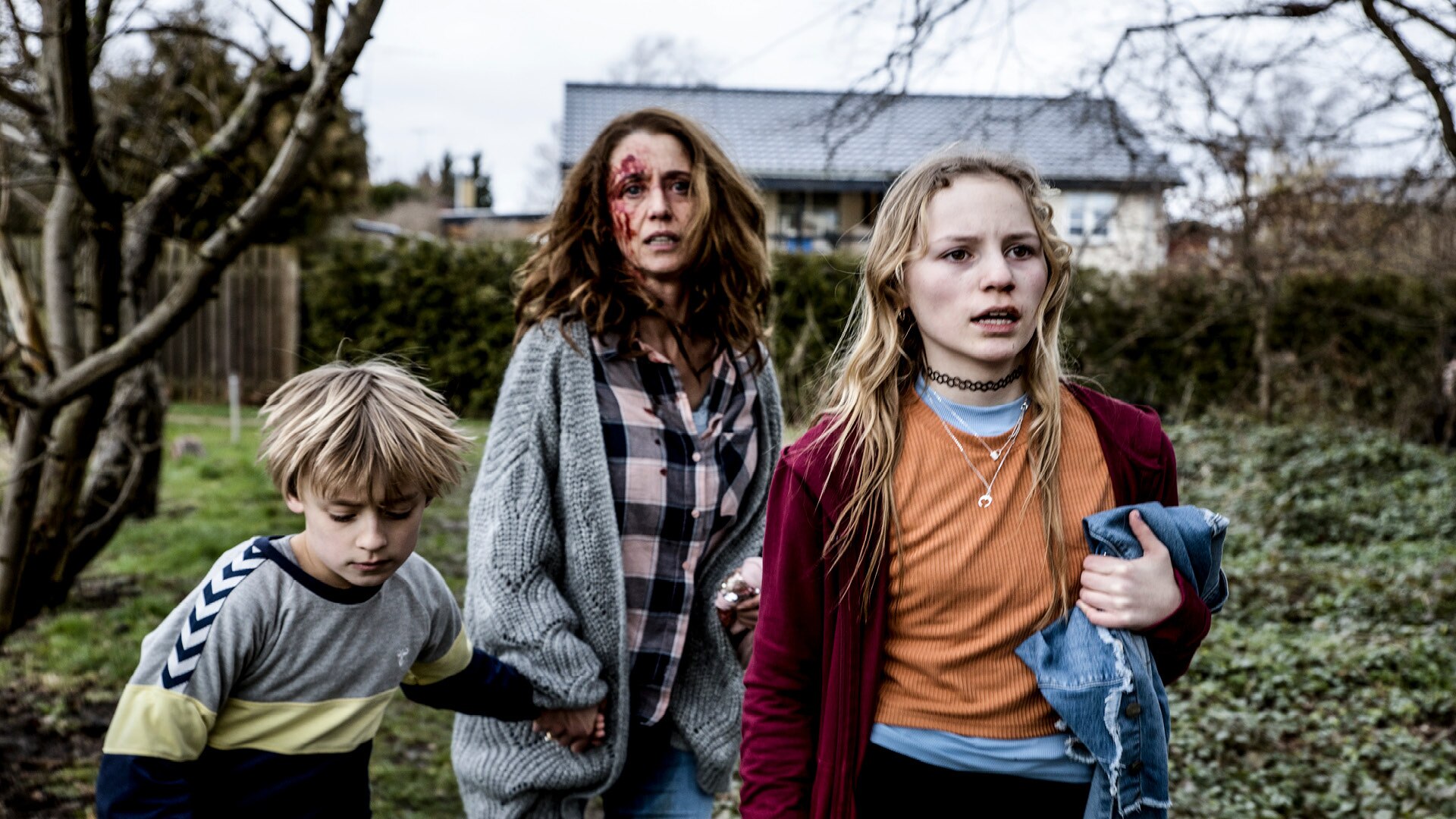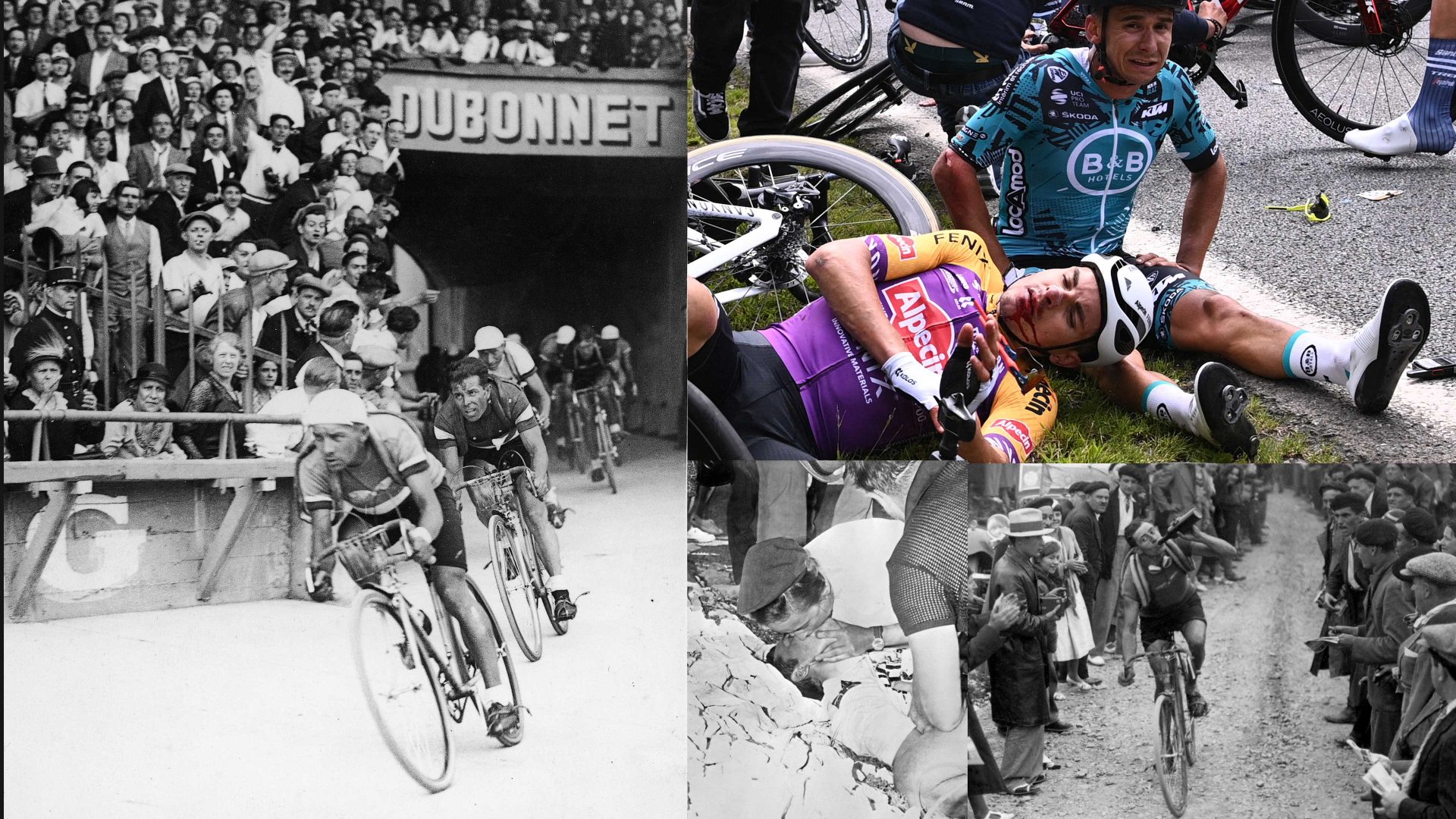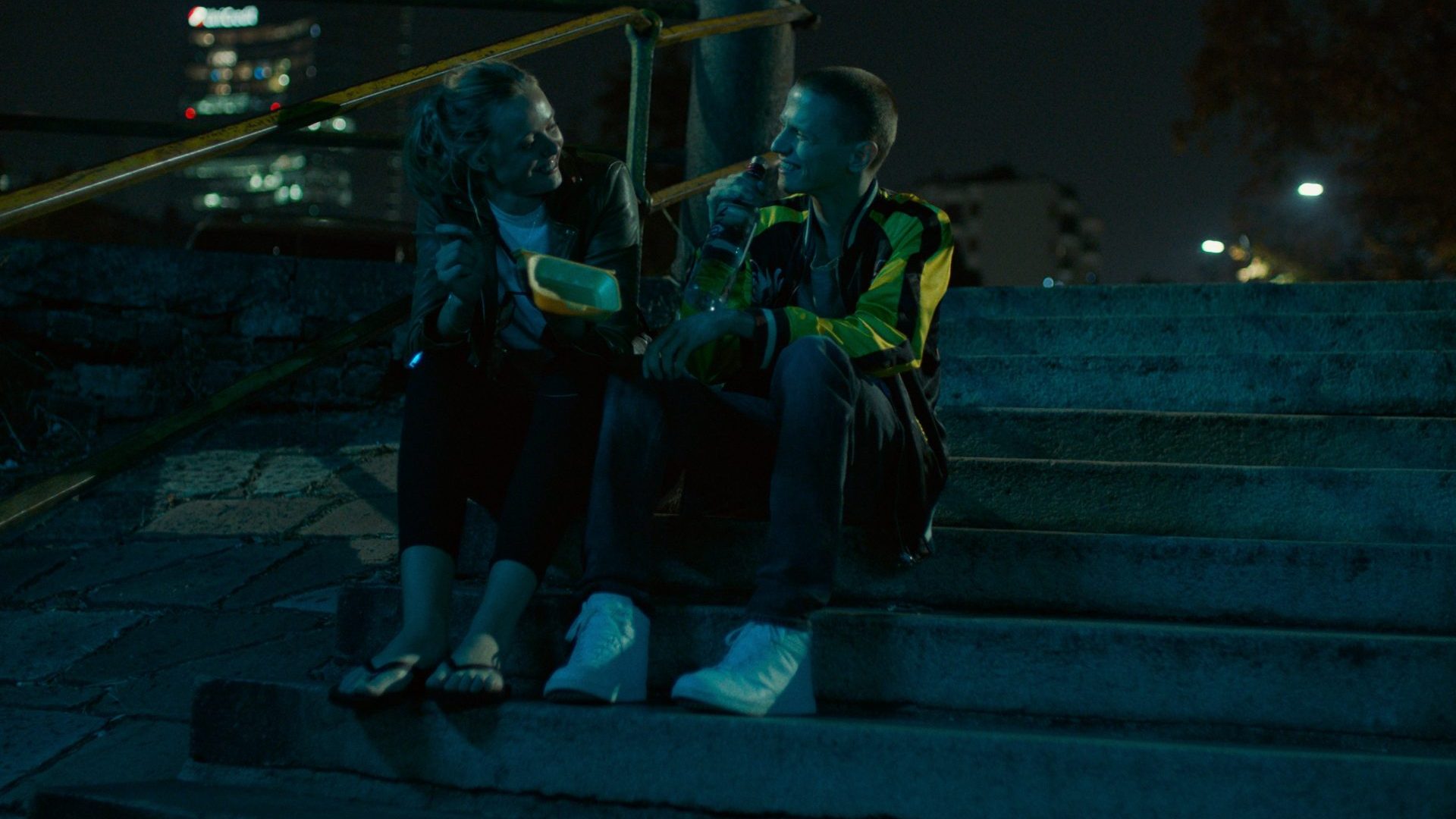While I was away on my holidays a few weeks back, the New European team received a letter from Ian in Shropshire. He very kindly said he enjoyed my writing (thank you Ian!) but made the eminently reasonable point that I review mostly Netflix, to the exclusion of those who don’t use streaming services, but instead watch only free-to-view TV.
To explain my prejudice, it isn’t that I’m especially enamoured with Netflix or any other streaming giant, but rather that the purview of this column has become dedicated to new releases from mostly European countries.
Given the astonishing volume of content the likes of Netflix produces, there are often a few new European films or programmes to choose from each week, which is not true of free-to-view television.
That said, I think the more general purpose of my writing here should be to not only highlight what is new but also what is worthy of more attention or insight than it might otherwise receive – so while I’ll still be combing the streaming sites, I’ll be making more of an effort to keep an eye on terrestrial television, including those European gems I may have missed along the way.
One of the suggestions from this letter was the Danish eight-part series Cry Wolf, available to watch on All4. While this was indeed a perfect example of a striking European production that flew entirely under my radar, I can’t quite thank Ian for bringing it to my attention.
Here is one of those shows whose superiority, intelligence and suspense still do not add up to what you could call enjoyment. One of those I am glad to have seen and yet would struggle to recommend, one of those you are compelled to see through to the end but finish with more of a shudder than a sigh of contentment.
Bjarne Henrikson, a wonderful actor you may recognise from The Killing or Borgen, here plays Lars, a decent but weary social worker. Lars is called into
a school by a worried teacher who has read an alarming essay written by 14-year-old Holly (Flora Ofelia Hofmann Lindahl) describing domestic violence committed against her and her family by her stepfather, Simon (Peter Plaugborg). Holly’s little brother Theo (Noah Storm Otto), the biological child of Simon, has his arm in a cast, but fervently denies that his father has done anything wrong. So too does Dea, the mother of the two children (Christine Albeck Børge), and in fact Dea is perhaps the first indication that this story will not be an easy one to predict, that the varying and totally divergent accounts will remain mysterious for much of this series.
Dea is not who we think of as a typically victimised or delusional woman. She is a strong, capable presence, entirely loving and attentive both to her own children and those she looks after in her job at a kindergarten. She simply doesn’t seem the type to allow – tacitly or otherwise – the abuse of children. And yet she denies everything, tells Lars that Holly is troubled and has made the story up.
Lars is left with the unenviable job of deciphering who is credible and what are reasonable measures to take when children are potentially at risk from violence in the home, and potentially at risk of other dangers and grave emotional harm by being taken from their parents and into foster care.
It’s a harrowing programme, not because of graphic violence, but because of its chilling ghost – do we feel its latent presence or don’t we? Holly trembles with the concentrated adrenaline of a trapped animal when she describes her stepfather, so vivid and convincing that it would seem almost an act of violence in itself to disbelieve her (a genuinely stunning performance from this young actress).
But what then of the violence enacted by Lars and his mandated removal of the children, of wrenching a weeping Theo from his mother’s protective arms, when they both deny any danger and only long to be together?
It’s an unbearable balancing act of competing harms. This is true of so
much social work. When we see those worst-case scenarios that haunt the
collective consciousness – those where a child has been checked on by social
services, deemed safe enough, and who later goes on to be murdered by their trusted parent – we tend to think there is no level of precaution too
great. That each accusation must be investigated to its fullest extent. It’s a
kind of application of the utilitarian principle of doing the least harm to the greatest number of people, and when thought of only as life or death this is true enough, but when it comes to the reality, how many of us would happily hand over our children because of what we see as spurious claims, to bolster this principle?
Cry Wolf is not an easy show to watch, but it is uncomfortably illuminating on the intricacies of abuse and how its narratives so often fail to cohere.
There are no easy solutions or lessons to be learned, only a niggling sense that there may be no intuitive way to approach such things at all, only gruelling experience and effort, day-in, day-out, which still will sometimes fail.




